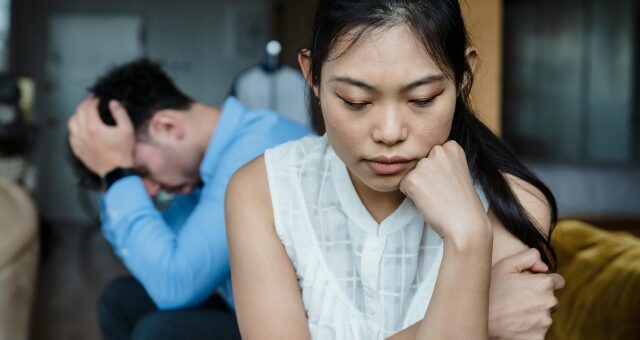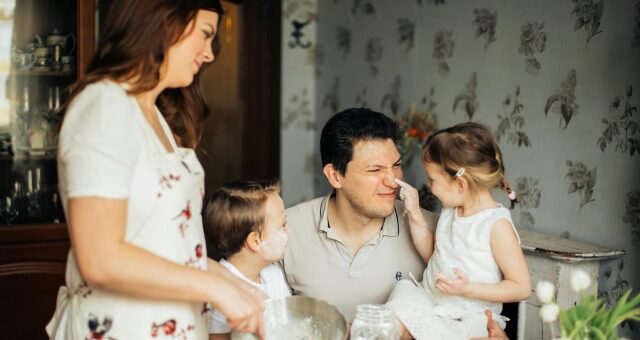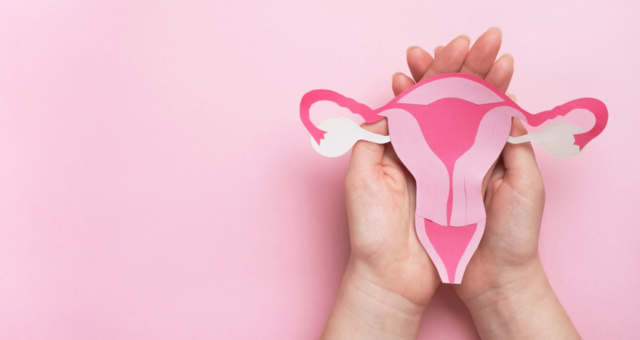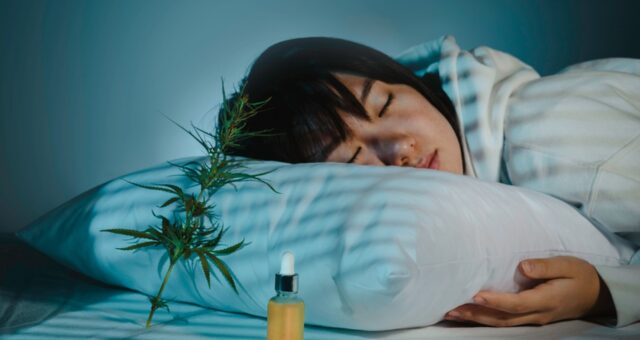Medically Reviewed by Lucas Rosa, PhD in Molecular Biology
Testosterone is often labeled as the “male hormone,” but all people need it to function optimally. It’s responsible for energy, muscle growth, libido, bone strength, mood, and more.
But today, more people than ever – especially men – are facing low testosterone levels, and the symptoms are hard to ignore.
While testosterone naturally declines with age, lifestyle factors like poor sleep, chronic stress, endocrine disruptors, and inactivity are contributing to even earlier and more noticeable drops.
The good news? Low testosterone isn’t a life sentence – and there are plenty of natural ways to boost your levels.
In this blog, we’ll explore what low testosterone is, what causes it, how it impacts your health, and how to bring your testosterone levels back up naturally.
What Is Low Testosterone?
Low testosterone means your body is producing less testosterone than it should for your age and biological sex.
In those assigned male at birth, normal levels range between 300 to 1,000 ng/dL. In those assigned female at birth, optimal levels are much lower but still essential for bone health, energy, and mood. (1)
As those assigned male at birth age, testosterone naturally declines about 1% per year after age 30. But in recent decades, they have been experiencing low testosterone at younger ages – some even in their 20s or 30s.

Symptoms of Low Testosterone
Numbers alone don’t always tell the full story. Low testosterone is usually identified when levels are lower than normal and when someone is experiencing negative symptoms.
The symptoms can be gradual or sudden. Many are often mistaken for other health issues, stress, or “just getting older.”
In those assigned Male at birth:
- Fatigue and low energy
- Reduced muscle mass or strength
- Increased body fat, especially around the belly
- Low sex drive
- Erectile dysfunction
- Mood changes, irritability, or depression
- Brain fog or memory issues
- Sleep problems
- Decreased motivation or confidence
In those assigned Female at birth:
- Low libido
- Difficulty building or maintaining muscle
- Fatigue
- Depressed mood
- Decreased bone density
- Thinning hair or dry skin
Because testosterone affects so many systems in the body, the symptoms of low testosterone often overlap with other health concerns.
What Causes Low Testosterone?
There are many reasons testosterone levels may drop – some natural, others environmental or lifestyle-related. (2)
Aging: Natural testosterone production starts to decline after 30 in those assigned male at birth and after menopause in those assigned female at birth.
Chronic Stress: Stress increases cortisol, a hormone that suppresses testosterone. High cortisol over time leads to hormonal imbalances.
Poor Sleep: Most testosterone production happens during deep sleep. Inconsistent or low-quality sleep reduces production.
Sedentary Lifestyle: Lack of physical activity, especially strength training, leads to lower testosterone levels.
Obesity: Excess body fat, especially abdominal fat, converts testosterone into estrogen. This increases estrogen while decreasing testosterone.
Exposure to Endocrine Disruptors: Plastics (BPA), pesticides, and other chemicals mimic hormones and interfere with testosterone production.
Poor Diet: Low intake of protein, healthy fats, and essential nutrients like zinc and magnesium can impair testosterone levels.
Alcohol and Drug Use: Heavy alcohol use and certain medications (like opioids and steroids) are known to reduce testosterone.
Medical Conditions: Issues like diabetes, hypothyroidism, metabolic syndrome, and pituitary problems can all impact hormone production.
Health Effects of Low Testosterone
Low testosterone doesn’t just make you tired or moody – it can contribute to long-term health risks, especially if left untreated:
- Muscle wasting and strength loss
- Weight gain and increased fat storage
- Reduced bone density and higher risk of fractures
- Decreased fertility
- Heart disease risk
- Insulin resistance and type 2 diabetes
- Depression and anxiety
- Loss of drive, motivation, and cognitive decline
For those assigned male at birth, low testosterone can also affect relationships, confidence, and quality of life. For those assigned female at birth, it often gets overlooked but plays a role in sexual health, mood, and physical strength.

Natural Ways to Boost Testosterone
You don’t always need hormone therapy to correct low testosterone. In many cases, making the right lifestyle changes can naturally encourage your body to start producing more testosterone on its own.
1. Strength Training and Exercise
Resistance training is one of the most effective ways to boost testosterone. (3)
- Focus on compound movements like squats, deadlifts, and bench press
- High-intensity interval training (HIIT) also supports hormone health
- Aim for at least 3-4 workouts per week
2. Prioritize Deep, Restful Sleep
Testosterone is mostly released during sleep, especially during REM and deep sleep stages. (4)
- Aim for 7-9 hours of quality sleep
- Stick to a consistent sleep schedule
- Avoid blue light exposure (screens) an hour before bed
3. Eat a Hormone-Supporting Diet
- Include healthy fats: avocados, olive oil, nuts, eggs, and fatty fish
- Get enough protein: lean meats, fish, legumes
- Ensure carbs from whole sources (like sweet potatoes, quinoa, oats)
- Don’t starve yourself – undereating can suppress hormones
4. Lose Excess Body Fat
Fat cells convert testosterone to estrogen. By reducing body fat, especially belly fat, you naturally protect your testosterone levels.
5. Manage Stress
Chronic stress raises cortisol, which directly lowers testosterone. Try:
- Meditation or breathwork
- Journaling
- Spending time in nature
- Saying “no” more often
Check our post on effective stress management to learn more.
6. Avoid Toxins and Endocrine Disruptors
- Use glass or stainless-steel containers instead of plastic
- Choose natural cleaning and grooming products
- Eat organic produce to reduce pesticide exposure
- Filter your drinking water
To learn more about endocrine disruptors, visit this post.
7. Optimize Vitamin and Mineral Intake
Certain nutrients are crucial for testosterone production:
- Zinc: found in oysters, beef, pumpkin seeds
- Magnesium: found in leafy greens, almonds, dark chocolate
- Vitamin D: get regular sunlight or supplement with D3
- B Vitamins: especially B6, which supports hormone metabolism
8. Limit Alcohol and Avoid Drug Use
Chronic drinking and recreational drugs negatively affect testosterone. (5)
- Moderate or avoid alcohol
- Stay away from anabolic steroids and other hormone-altering substances

Conclusion
Low testosterone can be discouraging, but it’s not the end of the story. Whether you’re feeling tired, gaining weight, losing interest in intimacy, or just not feeling like yourself – there are natural, sustainable steps that you can take.
Lifestyle plays a huge role in hormone health. A well-rounded diet, regular movement, proper rest, and reduced toxin exposure can create the environment your body needs to thrive.
These changes might not show results overnight, but they are powerful, lasting tools for not just restoring testosterone but also overall health, vitality, and confidence.
If you suspect you have low testosterone, speak to a healthcare professional for testing and guidance, but know that your daily choices matter just as much as any treatment.
References
- Anaissie J, DeLay KJ, Wang W, Hatzichristodoulou G, Hellstrom WJ. Testosterone deficiency in adults and corresponding treatment patterns across the globe. Transl Androl Urol. 2017 Apr;6(2):183-191. doi: 10.21037/tau.2016.11.16. PMID: 28540225; PMCID: PMC5422691.
- Wrzosek M, Woźniak J, Włodarek D. The causes of adverse changes of testosterone levels in men. Expert Rev Endocrinol Metab. 2020 Sep;15(5):355-362. doi: 10.1080/17446651.2020.1813020. Epub 2020 Oct 20. PMID: 33076711.
- D’Andrea S, Spaggiari G, Barbonetti A, Santi D. Endogenous transient doping: physical exercise acutely increases testosterone levels-results from a meta-analysis. J Endocrinol Invest. 2020 Oct;43(10):1349-1371. doi: 10.1007/s40618-020-01251-3. Epub 2020 Apr 15. PMID: 32297287.
- Wittert G. The relationship between sleep disorders and testosterone in men. Asian J Androl. 2014 Mar-Apr;16(2):262-5. doi: 10.4103/1008-682X.122586. PMID: 24435056; PMCID: PMC3955336.
- Koh K, Kim SS, Kim JS, Jung JG, Yoon SJ, Suh WY, Kim HG, Kim N. Relationship between Alcohol Consumption and Testosterone Deficiency according to Facial Flushes among Middle-Aged and Older Korean Men. Korean J Fam Med. 2022 Nov;43(6):381-387. doi: 10.4082/kjfm.21.0173. Epub 2022 Nov 20. PMID: 36444123; PMCID: PMC9708857.
Check Out
HF Swaps
Better products for better hormone health.









